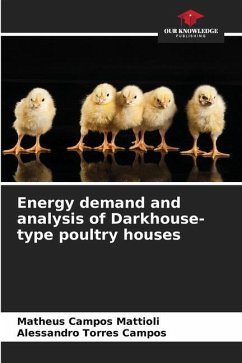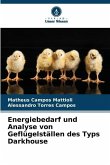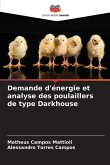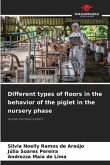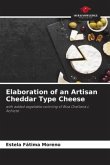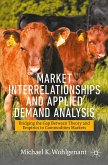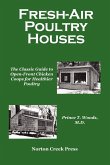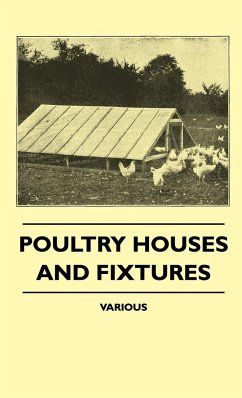Broiler rearing systems in Darkhouse-type sheds have been implemented in Brazil recently and have been recognised as a highly efficient production model in terms of protein conversion, but little has been studied in terms of aspects related to sustainability. When calculating the energy used in the construction of a darkhouse, it was possible to see the limitation of the materials available on the market, as well as the description of the energy expenditure for their extraction and processing, which was evidenced by the preponderance of materials used, such as wood, steel and cement. The energy analysis of the production system, with a focus on assessing the system's sustainability, confirmed the theory that raising animals in Darkhouse aviaries is highly productive and energy efficient, making it a sustainable system. Feed, as in the other studies mentioned, was the main energy bottleneck in the activity.

